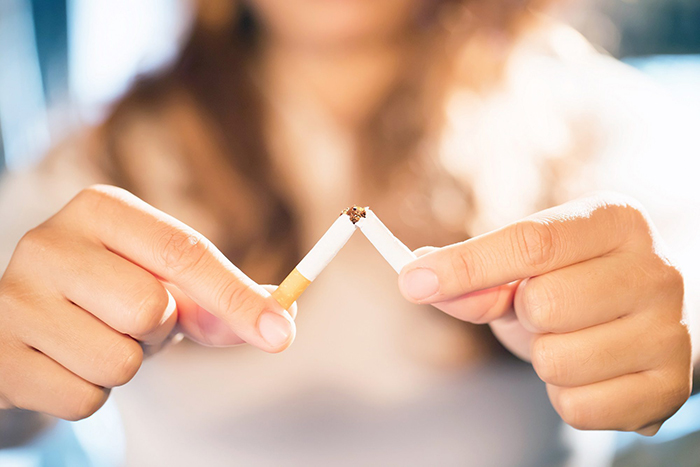The word “cancer” evokes a powerful sense of fear when we think about our health. However, it’s important to remember we have more control than we might realize. An estimated 40% of all cancers are preventable with lifestyle and behavioral changes, according to American Cancer Society researchers.
But some cancers—those caused by HPV (human papillomavirus)—may be completely avoidable with a simple vaccine.
Robert A. Bednarczyk, PhD, a cancer epidemiologist with Winship Cancer Institute of Emory University, says that, with vaccination, cancers caused by HPV could be a thing of the past.
“Every year in the United States, we see about 40,000 new cases of cancers linked to HPV,” says Dr. Bednarczyk. “The HPV vaccine gives our immune system a head-start so that if we are exposed to HPV and its cancer-causing infections it's easier to fight them off before they lead to cancer.”
Dr. Bednarczyk, who serves as a researcher with Winship Cancer Institute's Cancer Prevention and Control Research Program and associate professor of global health at Emory University Rollins School of Public Health, wants everyone to know that the HPV vaccine is safe, effective and very good at cancer prevention.




